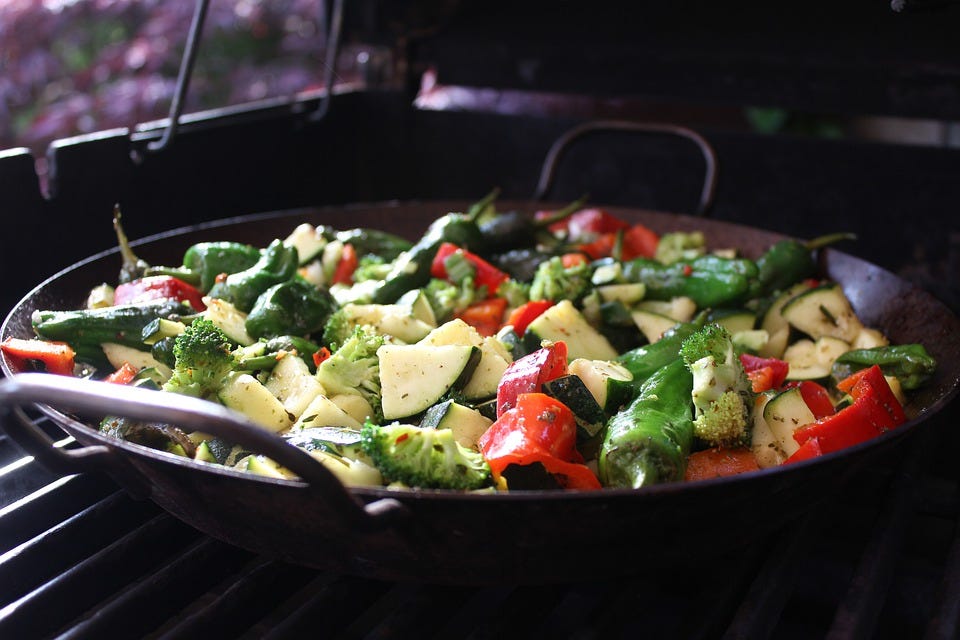In a world where overeating is often the norm, a centuries-old practice from Okinawa, Japan—one of the world’s renowned Blue Zones—offers a refreshingly simple approach to health and longevity: the 80% rule. Known as "Hara Hachi Bu," this practice encourages people to stop eating when they feel 80% full, rather than completely satiated. Rooted in mindfulness and moderation, this tradition has contributed to the remarkable health and longevity of the Okinawan population. Let’s explore the science, benefits, and practical steps to incorporate this habit into your daily life.
The Origin of Hara Hachi Bu
The phrase "Hara Hachi Bu" comes from a Confucian teaching that translates roughly to "eat until you are eight parts (out of ten) full." It has been passed down through generations of Okinawans as a guiding principle for mindful eating. This cultural habit plays a significant role in the region’s low rates of obesity, diabetes, and cardiovascular disease, as well as their exceptional life expectancy.
The Science Behind Eating 80%
Modern science supports the benefits of stopping at 80% fullness. When you eat to maximum capacity, it takes time for your brain to register satiety, often leading to overeating. By practicing Hara Hachi Bu, you allow your brain to catch up with your stomach, avoiding unnecessary caloric intake.
Additionally, studies show that mild calorie restriction can:
Reduce inflammation: Chronic overeating can lead to inflammation, which is linked to many diseases.
Support cellular repair: Calorie restriction activates autophagy, the body’s natural process of cleaning out damaged cells and regenerating new ones.
Promote a healthy weight: Consuming fewer calories naturally leads to weight maintenance or gradual weight loss without the need for restrictive diets.
The Okinawan Diet
Hara Hachi Bu is often paired with the traditional Okinawan diet, which is rich in nutrient-dense, low-calorie foods. Staples include:
Sweet potatoes: A primary source of energy, packed with fiber and antioxidants.
Green leafy vegetables: High in vitamins and minerals.
Soy-based foods: Such as tofu and miso, which are excellent sources of protein.
Fish and seafood: Providing omega-3 fatty acids for heart and brain health.
Herbal teas: Like jasmine and turmeric tea, which are believed to have anti-inflammatory properties.
How to Practice Hara Hachi Bu
Incorporating the 80% rule into your routine is easier than you might think. Here are some tips:
Eat mindfully: Pay attention to your hunger and fullness cues. Eat slowly to give your brain time to signal when you’re satisfied.
Use smaller plates: This can help with portion control and reduce the temptation to over-serve.
Serve modest portions: Start with smaller amounts of food, knowing you can always go back for more if needed.
Pause during meals: Take breaks to assess your level of fullness. This can prevent eating out of habit rather than hunger.
Prioritize nutrient-dense foods: Fill your plate with vegetables, lean proteins, and healthy fats to feel fuller on fewer calories.
The Broader Lessons of Hara Hachi Bu
Hara Hachi Bu isn’t just about eating less; it’s a mindset. It reflects a larger cultural value of moderation, gratitude, and respect for food. By eating until 80% full, you not only improve your physical health but also develop a more mindful and balanced relationship with eating.
Conclusion
Incorporating the 80% rule into your lifestyle is a small but powerful step toward better health and longevity. Inspired by the Okinawan way of life, this practice serves as a reminder that sometimes less truly is more. By embracing mindful eating and savoring each bite, you can nourish both your body and soul while paving the way for a longer, healthier life.






